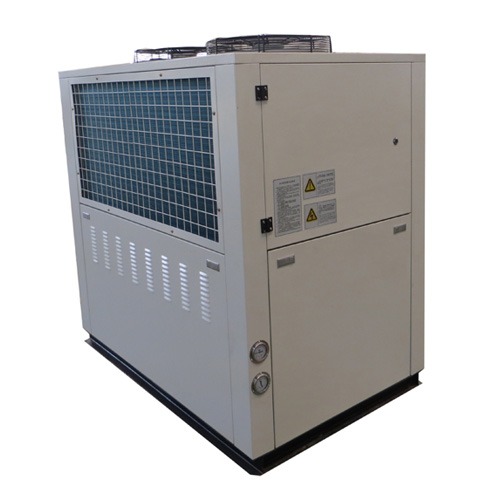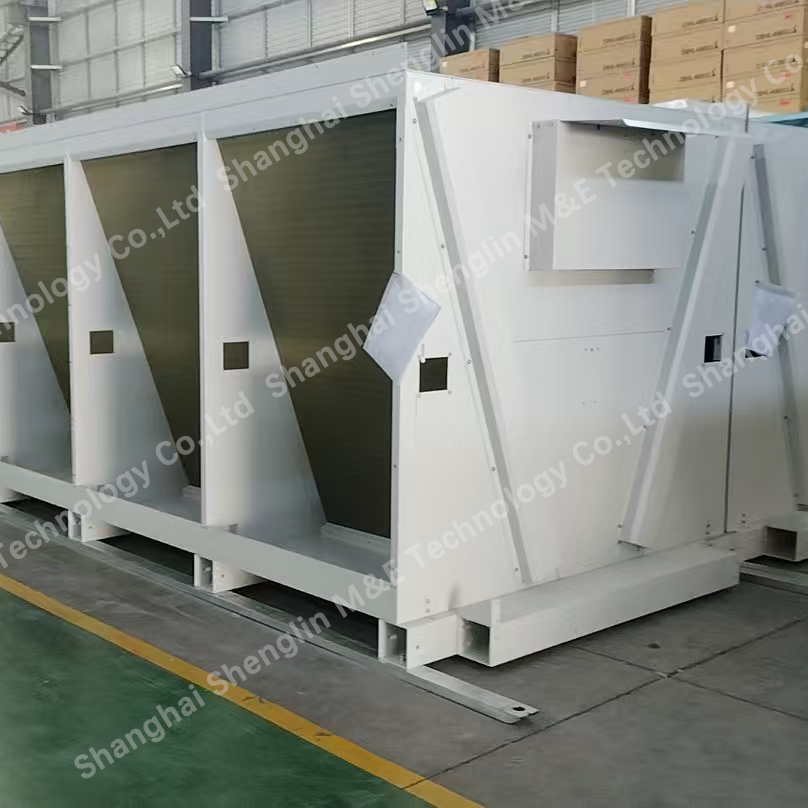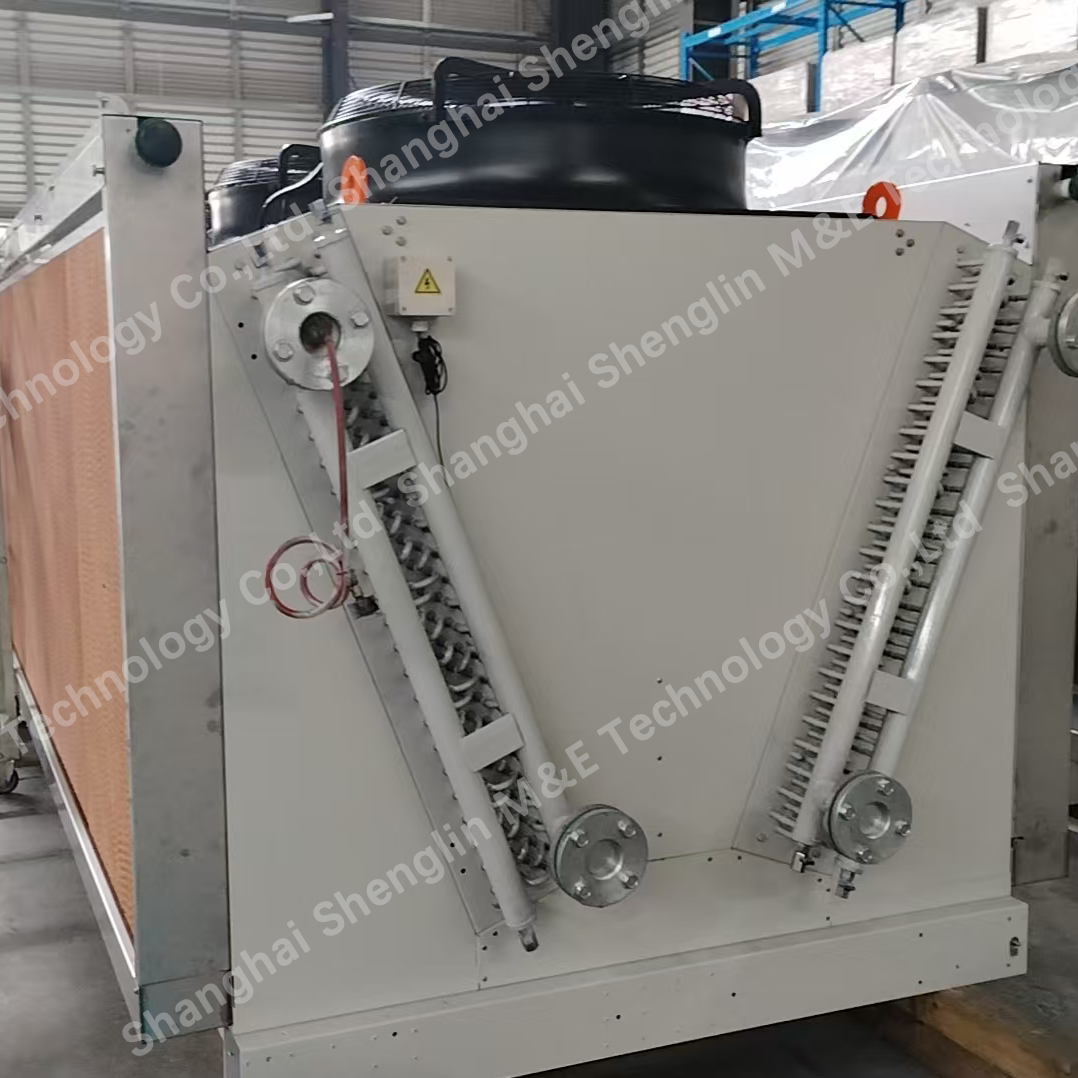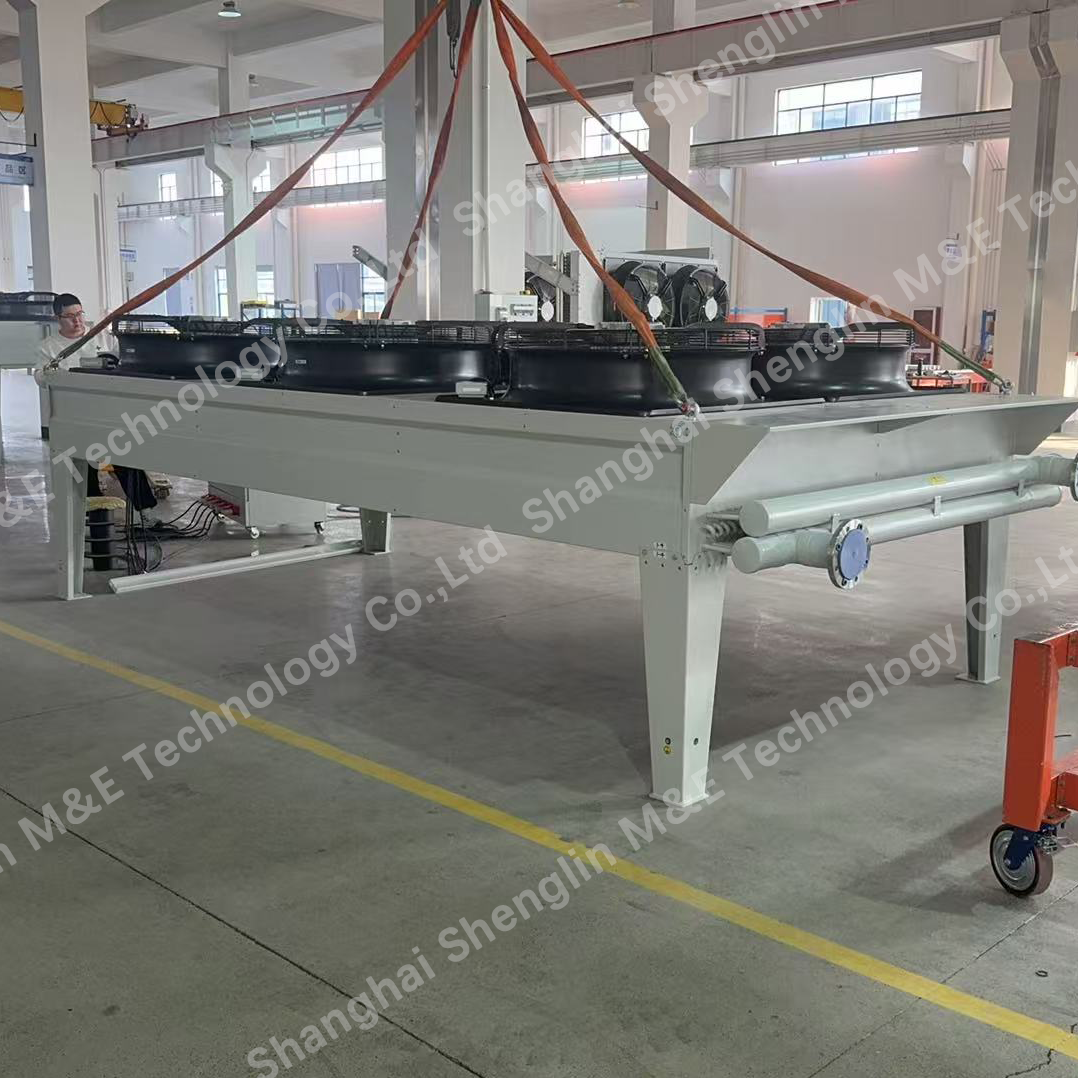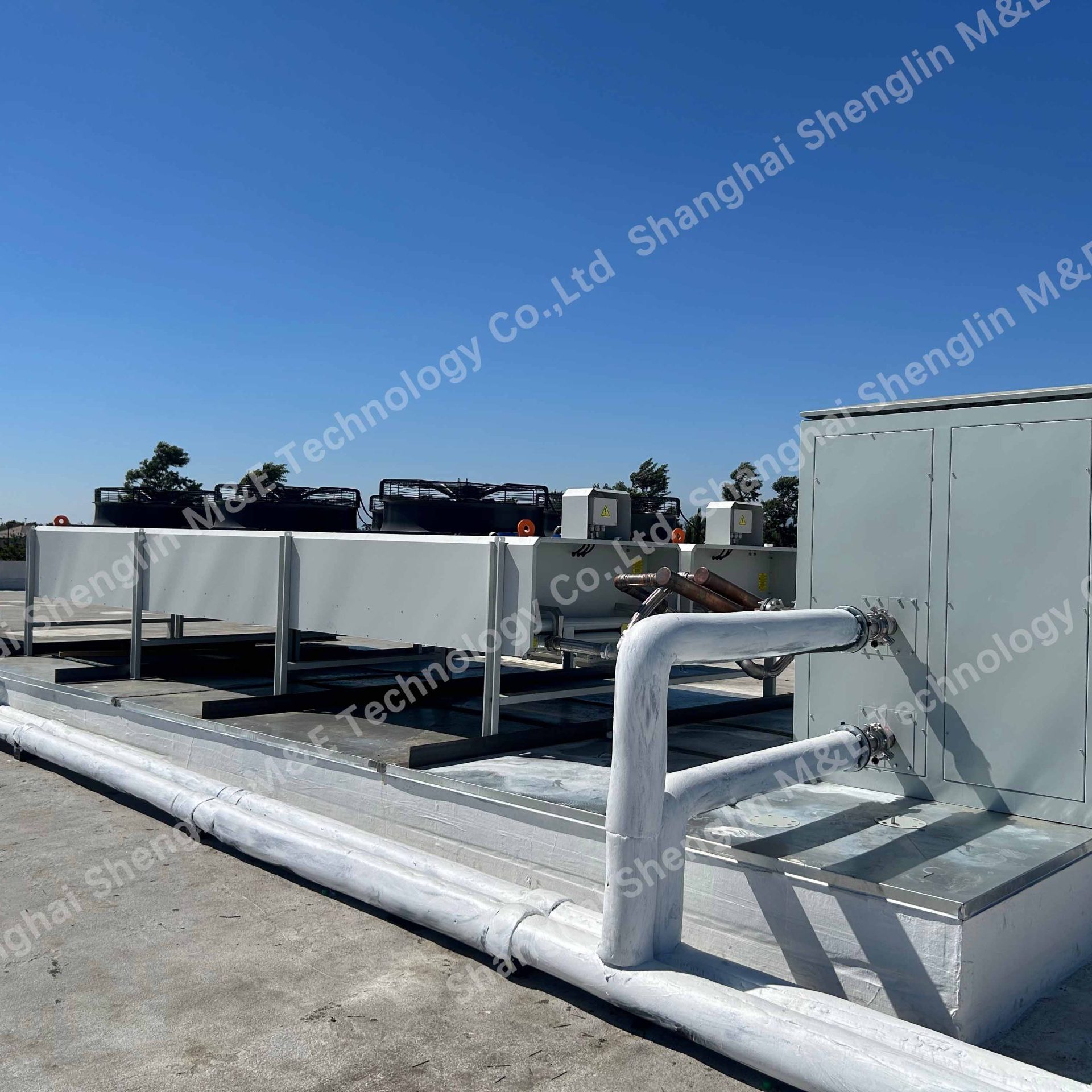Understanding and Choosing the Right Dry Cooler
This comprehensive guide explores the world of dry coolers, examining their applications, types, advantages, and selection criteria. We’ll delve into the technical aspects, helping you understand how to choose the best dry cooler for your specific needs. Learn about different cooling capacities, energy efficiency considerations, and maintenance best practices. Whether you’re an engineer, facility manager, or simply researching cooling solutions, this article provides valuable insights into the practical applications of dry coolers.
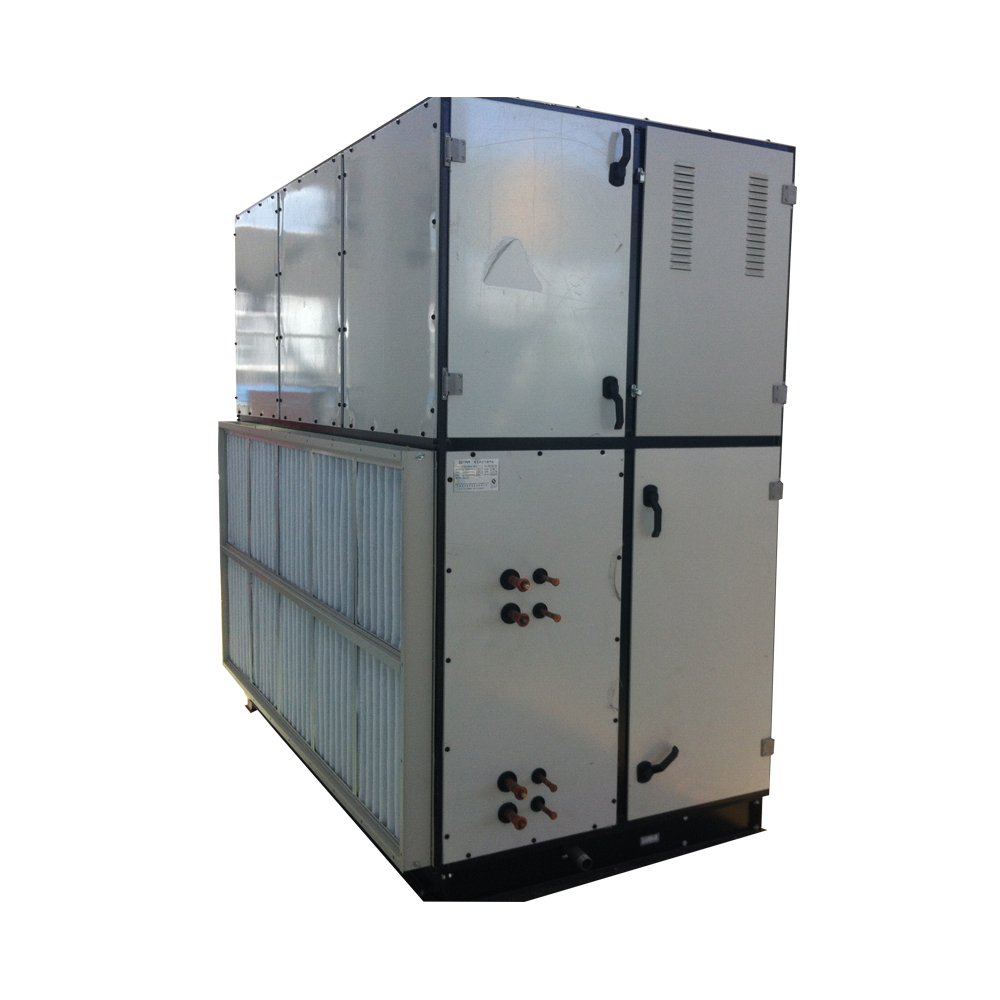
What is a Dry Cooler?
A dry cooler, also known as an air-cooled chiller, is a refrigeration system that uses air as the primary cooling medium to reject heat from a process or system. Unlike water-cooled chillers that utilize water for heat rejection, dry coolers directly dissipate heat into the ambient air through a network of fans and heat exchangers. This makes them a popular choice in situations where water is scarce or expensive to manage. They are often used in industrial processes, HVAC systems, and data centers.
Types of Dry Coolers
Based on Design and Configuration:
Dry coolers come in various designs, each suited for different applications and cooling capacities. Common types include:
- Forced Draft Dry Coolers: These utilize fans to actively draw air across the heat exchanger, resulting in more efficient heat dissipation.
- Induced Draft Dry Coolers: In this type, fans pull air through the heat exchanger, offering advantages in certain environmental conditions.
- Evaporative Dry Coolers: While technically not entirely dry, these combine air-cooling with a small amount of evaporative cooling, often enhancing efficiency in hotter climates. It’s important to note that evaporative cooling adds humidity to the air.
Based on Refrigerant Type:
The choice of refrigerant significantly impacts the efficiency and environmental impact of a dry cooler. Common refrigerants include:
- HFCs (Hydrofluorocarbons): While effective, many HFCs are potent greenhouse gases.
- HFOs (Hydrofluoroolefins): These are newer refrigerants designed to have a lower global warming potential.
- Natural Refrigerants: Options like ammonia and CO2 are increasingly popular due to their low environmental impact, though they require specialized handling.
Factors to Consider When Choosing a Dry Cooler
Selecting the right dry cooler involves careful consideration of several key factors:
table { width: 700px; margin: 20px auto; border-collapse: collapse; } th, td { border: 1px solid #ddd; padding: 8px; text-align: left; } th { background-color: #f2f2f2; }
| Factor |
Description |
| Cooling Capacity (kW or TR) |
Match the cooler’s capacity to the heat load of the equipment it’s cooling. |
| Ambient Air Temperature |
Higher ambient temperatures reduce efficiency; consider this when selecting the capacity. |
| Airflow |
Sufficient airflow ensures effective heat dissipation. |
| Refrigerant Type |
Choose a refrigerant based on environmental considerations and regulations. |
| Maintenance Requirements |
Regular maintenance is crucial for optimal performance and longevity. |
| Cost |
Balance initial investment with long-term operating costs and efficiency. |
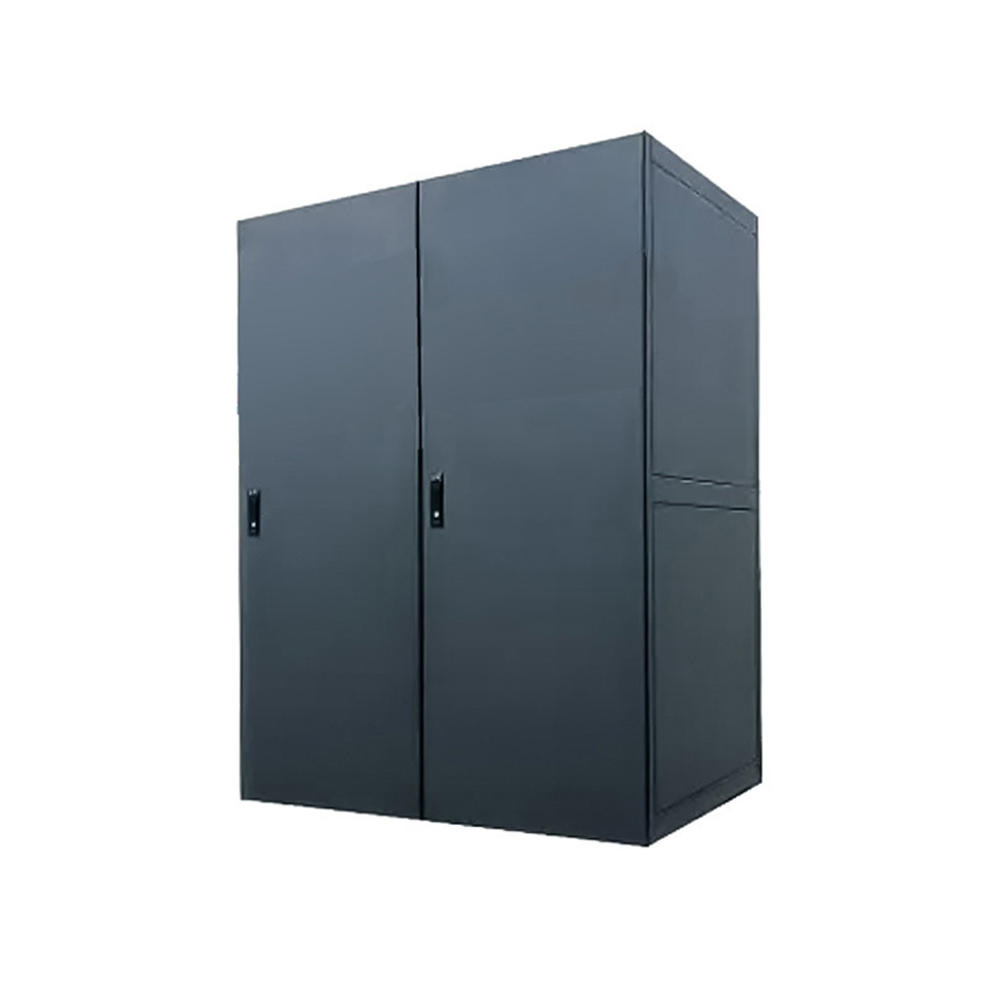
Maintenance and Best Practices
Regular maintenance is key to extending the lifespan and performance of your dry cooler. This includes:
- Regular cleaning of the coils and fans to remove dust and debris.
- Inspection of fan motors and belts for wear and tear.
- Checking refrigerant levels and pressure.
- Following the manufacturer’s recommendations for scheduled maintenance.
Shanghai SHENGLIN M&E Technology Co.,Ltd: A Leading Provider of Dry Coolers
For high-quality and reliable dry coolers, consider exploring the offerings of Shanghai SHENGLIN M&E Technology Co.,Ltd. They are a trusted supplier with a strong reputation in the industry. Their dry coolers are designed for various applications and known for their efficiency and durability. Contact them to discuss your specific requirements.
This information is for general guidance only. Always consult with a qualified professional for specific engineering and application advice.











